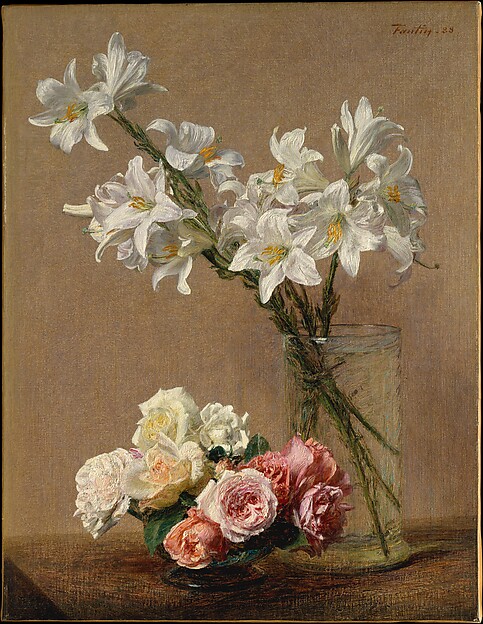Classic poem of the day
And in the Métro—the Paris subway—
They have the prettiest verbal nicety:
They call Rush Hours
Les Heures d' Affluence.
Member poem of the day
Love bug
velvet pillows
moist hug
Blue moon
ocean heart pulse
sighs swoon
Pearl eyes
red cheek lip kiss
night flies
